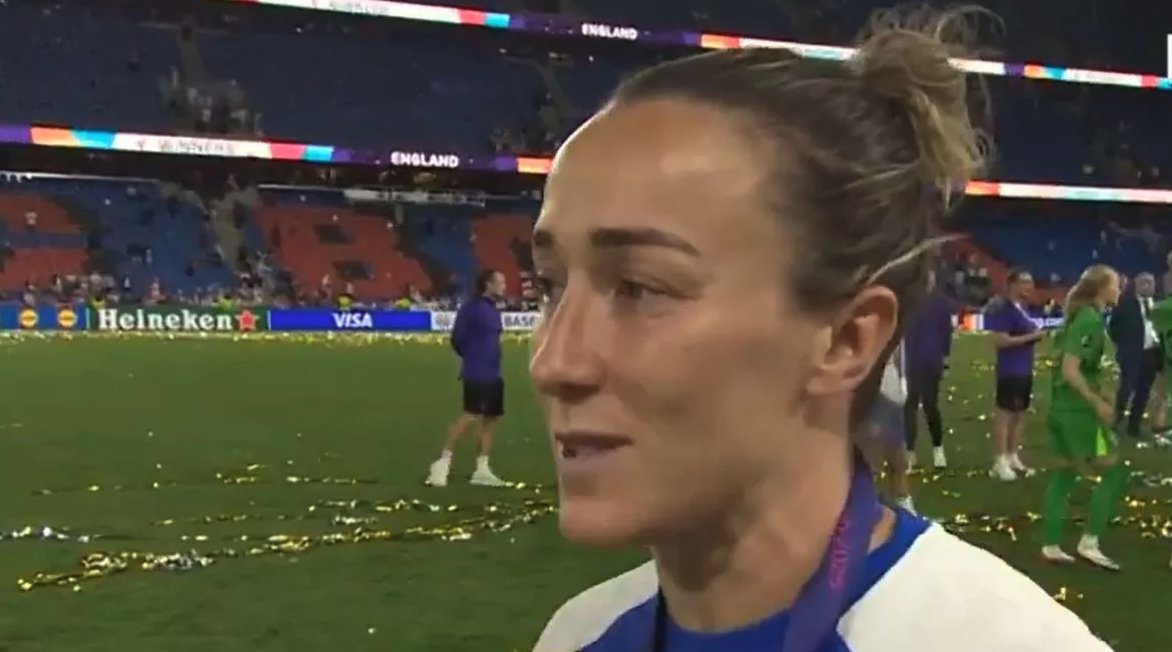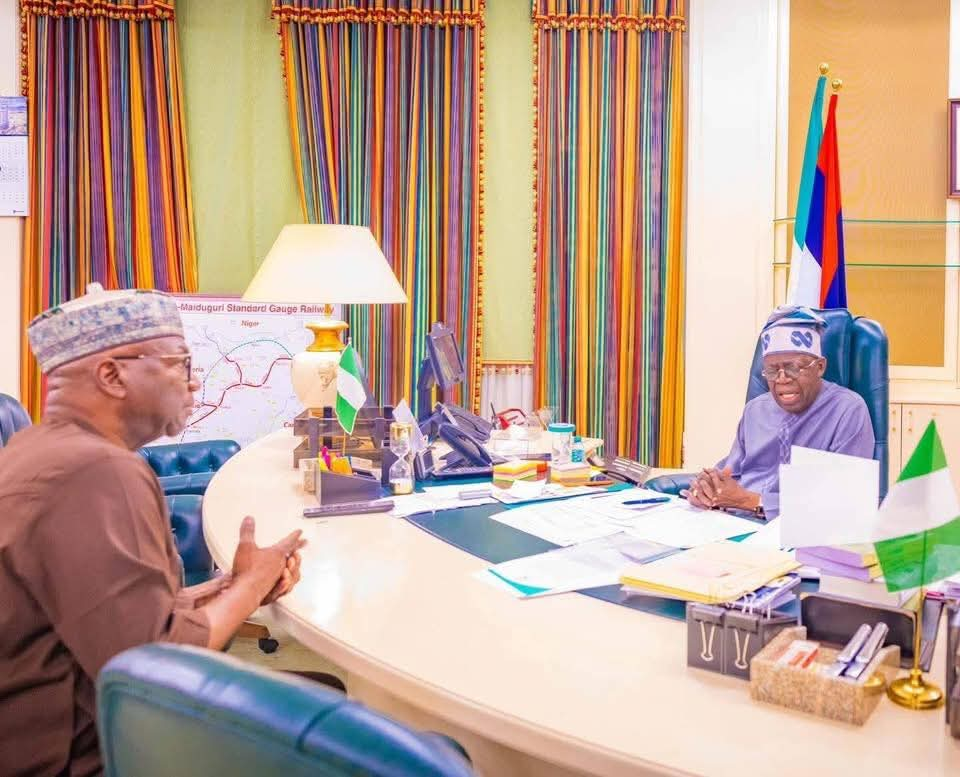
“I Wrote a 3-Page Exam to Marry Her” — Billionaire’s Son Ugochukwu Reveals Shocking In-Law Requirement
In a surprising revelation that has gripped social media and sparked widespread conversation across the country, Ugochukwu, the heir to one of Nigeria’s most prominent billionaire families, has disclosed an unusual pre-marital requirement laid down by his now-wife’s family. The young entrepreneur and public figure stunned many when he shared
In a surprising revelation that has gripped social media and sparked widespread conversation across the country, Ugochukwu, the heir to one of Nigeria’s most prominent billionaire families, has disclosed an unusual pre-marital requirement laid down by his now-wife’s family. The young entrepreneur and public figure stunned many when he shared that he was required to write a three-page exam explaining why he wanted to marry his fiancée, Kene, before he was granted approval by her family.
The revelation came during a candid conversation at a private networking event in Lagos last weekend, where Ugochukwu addressed a select audience of young professionals, social influencers, and journalists. What began as a light-hearted discussion about relationships and modern marriage soon took a serious turn when Ugochukwu opened up about the challenges he faced in securing his marriage to Kene — a woman he describes as “his greatest blessing and toughest exam.”
“I’m not exaggerating when I say exam,” Ugochukwu emphasized. “They literally handed me a pen and paper and told me to write an essay. Three full pages. They wanted to know why I wanted to marry their daughter, what my intentions were, how I planned to support her emotionally, and what marriage meant to me. I thought it was a joke. It wasn’t.”
According to him, the test wasn’t a formality or a playful family ritual — it was a serious prerequisite. The in-laws, who remain unnamed but are said to be deeply rooted in academia and conservative Igbo values, believed that marriage was a lifelong covenant that must not be entered into lightly, even — or perhaps especially — by someone born into wealth and privilege.
Social media erupted as the clip from the event began to circulate, with many expressing shock, admiration, and even a bit of envy. The idea that a man, especially one from a billionaire lineage, could be subjected to such an old-fashioned and intellectual requirement turned expectations on their head. Many netizens, especially women, praised Kene’s family for “setting a standard” and refusing to be swayed by material wealth.
“This is how it should be,” wrote one commenter on X (formerly Twitter). “Not every rich boy gets a free pass. If you want someone’s daughter, come correct.”
Others expressed amusement at the image of Ugochukwu — who has graced the covers of lifestyle magazines and frequently appears at elite gatherings — hunched over a desk, writing like a university student under pressure. “I just picture him with a biro and a nervous look on his face,” one tweet read. “Love really humbles people.”
In recounting the experience, Ugochukwu admitted he initially resisted. “My pride kicked in at first. I thought, ‘Is this really necessary? Look at my background, my upbringing, my record.’ But then I paused and realized — if Kene was raised by people who value this kind of intentionality, I needed to respect that.”
He went on to say that the process made him reflect more deeply on his reasons for marriage and forced him to articulate emotions and intentions he hadn’t yet fully expressed — even to himself. “By the time I finished writing, I realized that I wasn’t just doing it to get approval. I was doing it for me. It brought clarity and sincerity to my proposal.”
Kene herself has remained relatively private about the matter, but close friends of the couple say she was moved to tears when she read his essay. The content of the three-page piece remains private, but Ugochukwu hinted that it included details about their early friendship, his admiration for her resilience, and his vision for building a life with her that transcends the privileges they were both born into.
The story has since taken on a life of its own, with radio shows, online platforms, and relationship blogs all weighing in. Some have questioned whether such a requirement would be equally applied if the roles were reversed — if a woman seeking to marry a wealthy man would be expected to pass a similar intellectual test. Others have criticized the perceived gatekeeping, arguing that love should not be bureaucratically regulated.
But for Ugochukwu, the experience was transformative. “We live in a time where everything is instant — instant dates, instant decisions, instant regrets,” he said during the Q&A session. “This forced me to slow down and think. And in hindsight, I’m grateful. I believe more families should consider asking the hard questions.”
He also revealed that the couple, now married for just over a year, still keeps a printed copy of the essay in a sealed envelope at home. “It’s our foundation,” he said. “When we argue or drift apart, we go back to those words. That’s the map I wrote with a clear heart. That’s where it all started.”
Reactions continue to pour in from all corners, with some people pledging to adopt similar traditions in their families. A growing number of Nigerian parents are expressing interest in reviving or inventing rituals that test a suitor’s intentions beyond monetary displays or social status.
In a society where wealth often overrides scrutiny, Ugochukwu’s story serves as a poignant reminder that marriage, for many, is still sacred ground that must be approached with thoughtfulness and authenticity. It also speaks volumes about a new generation of men who are willing to earn the love they desire — not just by what they offer in material terms, but by what they can express with pen, paper, and an honest heart.
Whether this trend catches on widely or remains a unique chapter in one couple’s love story, one thing is certain: Ugochukwu passed his exam — and, in the eyes of many, passed it with distinction.
Share this post
Related Posts

Lucy Bronze Played Through Euro 2025 With Fractured Tibia, Lifting Trophy in Defiance of Medical Odds
In what can only be described as a storybook finale to a grueling campaign, England...

President Bola Ahmed Tinubu Receives Security Briefing from Kwara State Governor AbdulRahman AbdulRazaq on Kaiama Situation at State House
President Bola Ahmed Tinubu on Thursday received a detailed security briefing from the Governor of...

“Invest Your Money on Better Things” – Jarvis Fires Back at Peller With Her Own Set of Rules Amid Relationship Rift
The ongoing back-and-forth between popular TikTok personalities Jarvis and Peller has taken yet another dramatic...